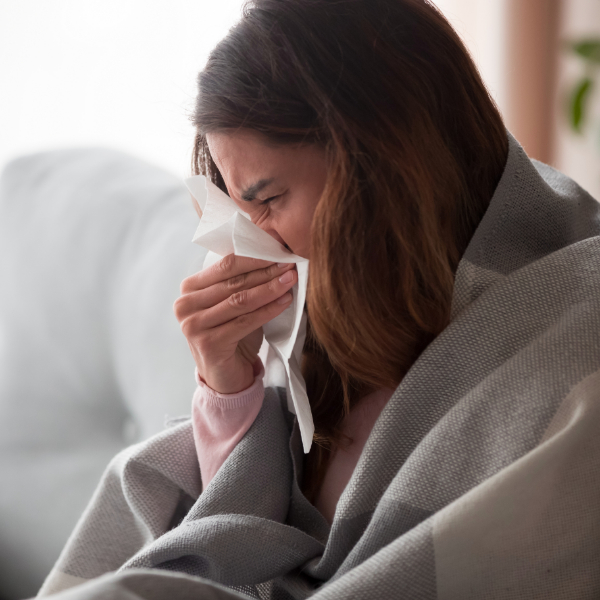Why Is Infection Prevention & Control Important?
Here’s a short guide about why infection prevention and control are essential and what role you can play to prevent you and your loved ones from getting infected.
According to the World Health Organization, Infection Prevention & Control (IPC) is a scientific approach and solution to prevent any harm caused by infections to you or your loved ones.
Infection prevention and control are essential because they are relevant to everyone’s safety at every encounter.
But why is IPC critical for your well-being? Well, in this article, we will try to determine precisely that and see what could happen if the IPC ever fails.
Importance of Infection Prevention & Control
Following proper IPC guidelines will reduce the likelihood of one of the most typical health issues: hospital-acquired infections, more commonly known as HAIs.
A complete and proper IPC program will reduce the infection risks for not only the patients but for every healthcare professional and hospital staff.
Antiseptic products such as antibacterial handwash, multipurpose floor cleaner, antiseptic liquid, hand sanitizer, etc., are some of the most effective and efficient ways to prevent, control, and counter various infections.
A person’s health is in their own hands. Care-takers must wear correct PPE such as gowns and gloves and wash their hands before and after coming in contact with different individuals to prevent the spread of germs that can cause illnesses such as cold, flu, fever, etc.
Insufficient infection prevention and control can also lead to risks introduced in children and senior citizens due to compromised immune systems. Other risks include the duration of stays in a healthcare facility, overuse of antibiotics, and failure to follow proper hygiene protocols.
How Can You Help Regarding IPC?
Hand Hygiene
Health and well-being always begin with clean hands. Good hand hygiene means washing hands with antibacterial bar soap or liquid hand wash for at least 20 seconds. In addition, it is also recommended to use hand sanitizer or antibacterial hand wipes unless your hands are visibly dirty; soap and water are preferred.
Cover Your Cough
Respiratory infections such as cough or flu spread quickly. While coughing or sneezing, it is essential to cover your mouth and nose with a tissue. Use your forearm to block the cough or sneeze if tissue isn't available.
Moreover, wash your hands with soap or handwash to prevent germs transmission to surfaces or people you may come into contact with.
Personal Belongings
Make sure you never share your personal items, such as toothbrushes, towels, handkerchiefs, nail clippers, razors, etc., with anyone, as it can be harmful to your health.
While we were taught to share our toys in school, we should always remind our children about the items they should never share with others.
Cleaning & Disinfection
For effective infection prevention and control, you must frequently clean and disinfect the common household high-touch surfaces such as door handles, tables, light switches, taps, etc.
You can use an antiseptic liquid that cleanses and helps protect against bacteria, viruses, fungi, or parasites responsible for infectious diseases. In addition, applying antibacterial disinfectant cleaner spray kills 99.9% of germs on many surfaces.
Final Thoughts
The challenge of infection spread is substantial and, therefore, difficult to conquer. Still, more than half of the infections are preventable through proper and standardized protocols and policies.
The strict adoption of Standard Infection Prevention & Control procedures ensures that employees, clients, and families are protected against infectious diseases.
